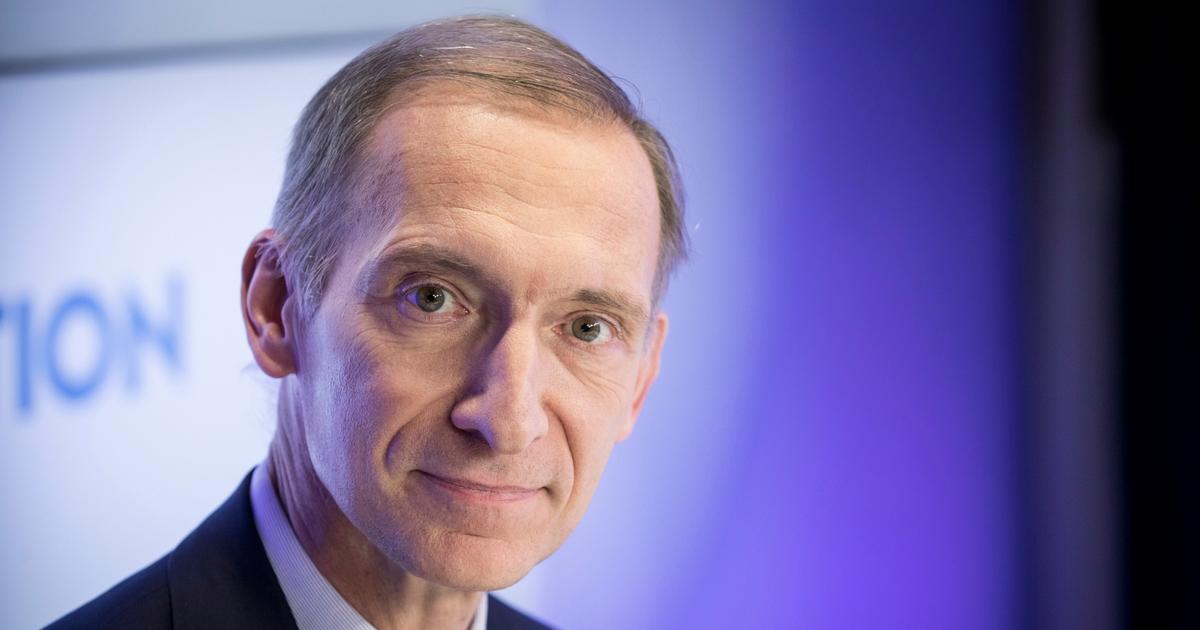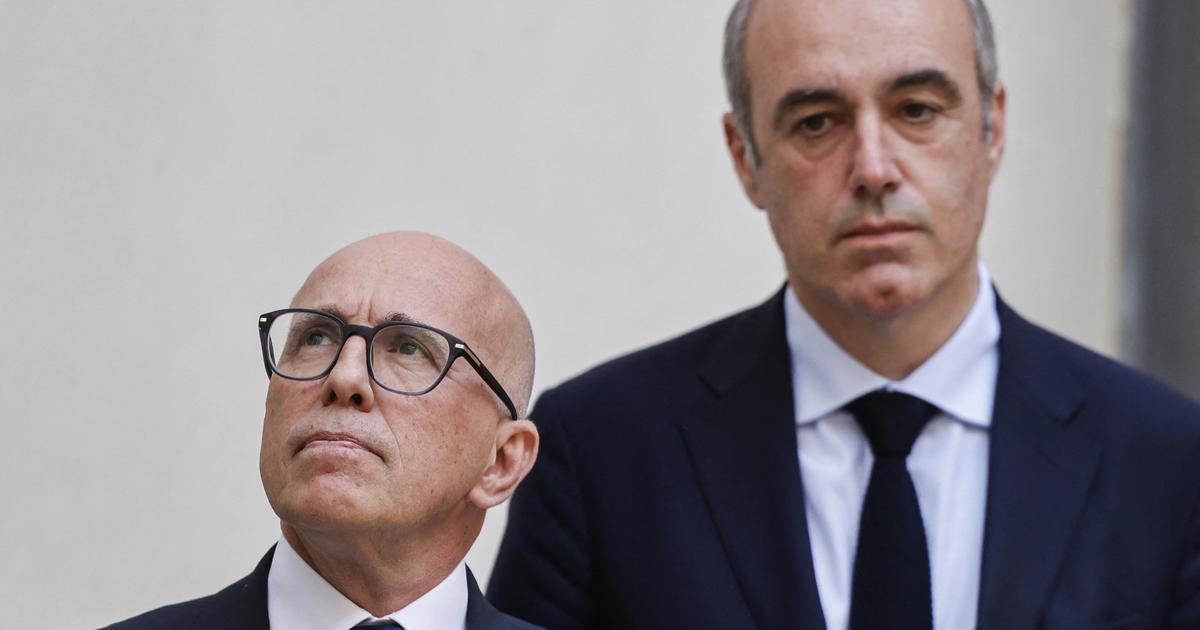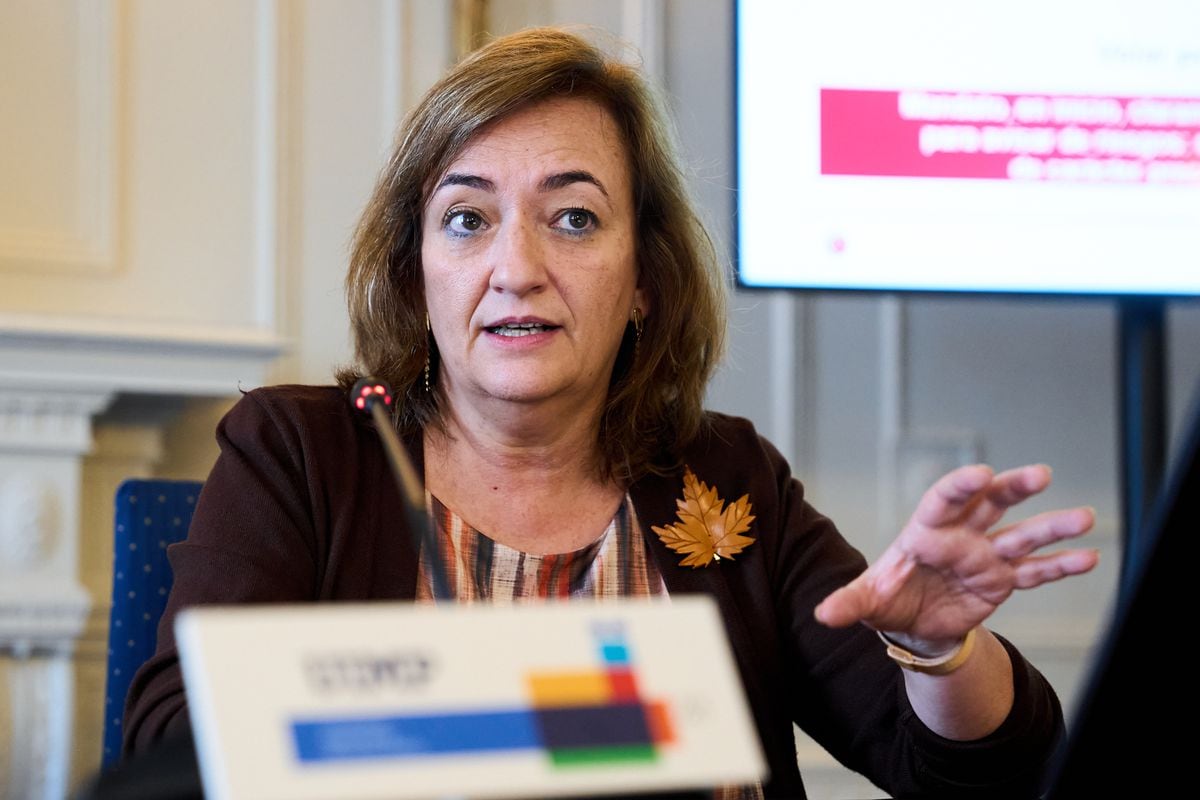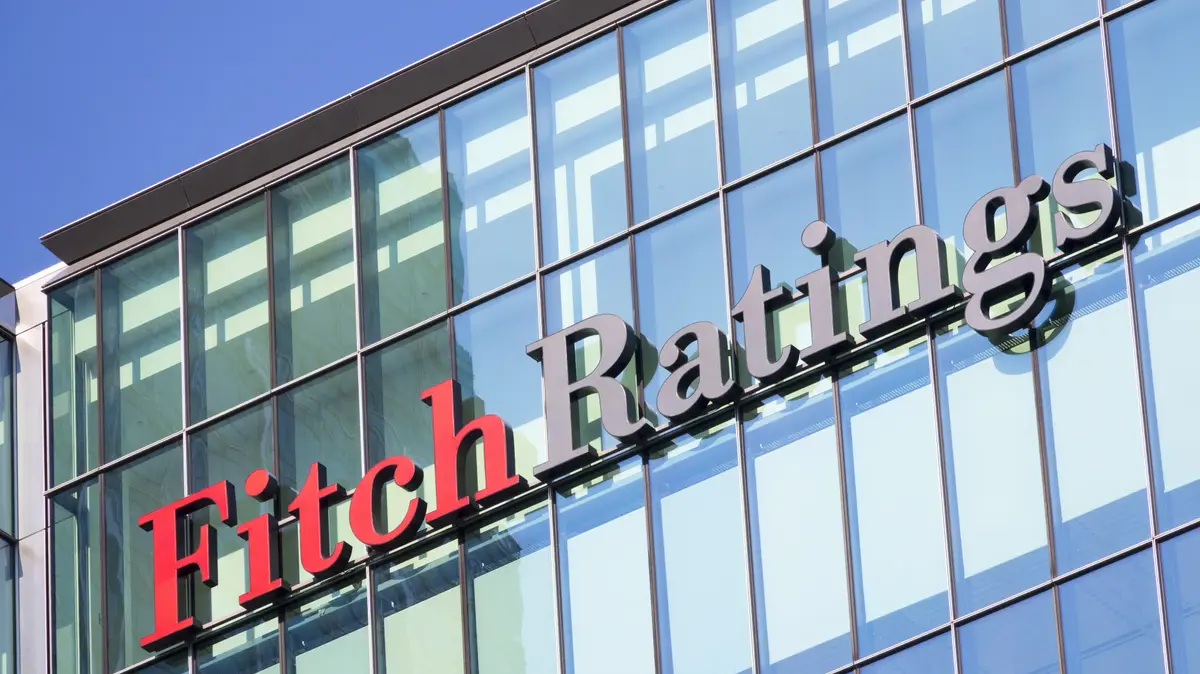A mechanical effect well known to economists which is good for the state accounts: public spending, intended to keep the French out of the water during the health crisis, cost less than expected in 2021, according to INSEE.
The return to growth in 2021 has in fact made it possible to reduce the level of French debt, which amounts to 112.9% of GDP in 2021, whereas in 2020 borrowing had soared to 114, 6%, a very high level, a consequence of the “whatever the cost” put in place to protect the French from the consequences of Covid-19.
The public deficit, that is to say the losses of the State, also shrunk to 6.5% after reaching 8.9% in 2020, a record level, according to revised figures published on Tuesday by the National Institute of Statistics (INSEE).
"Good news" hailed by the Minister of Public Accounts Olivier Dussopt.
For Olivier Dussopt, these figures “confirm the effectiveness of the emergency plan and the recovery plan for our economy and therefore for the French”, he welcomed, on Twitter.
And even thwarts the forecasts: last fall, less optimistic, the government was counting on a public deficit of 8.4% and a debt of 114% for 2021.
Results that thwart predictions…
If the public accounts look a little better in 2021, it is mainly due to the 7% economic recovery recorded last year, after the historic 8% recession suffered in 2020. This continued for a good part of last year, before vaccination and the lifting of health restrictions allowed the government to gradually reduce its aid.
The economic recovery, the improvement on the employment front and the European aid to finance the recovery plan have thus enabled the State and the social security organizations to garner more revenue than expected: they posted an increase of 8.4% in 2021 (+101.8 billion euros), after a plunge of 4.8% in 2020.
Read alsoProperty tax: towards a record increase in 2022
Public administration expenditure (State, local authorities and Social Security) nevertheless continued to rise in 2021: + 4% (+57.1 billion euros) and remained “beyond their pre-crisis level “, notes the National Institute of Statistics.
They represent 59.2% of GDP in 2021. Some support has been maintained, drawing this count.
The solidarity fund, which cost the state more than 23.3 billion euros after 16.3 billion in 2020, and salary increases in the hospital, details INSEE.
In detail, the State deficit reached 143.8 billion euros, that of social security 16.9 billion euros, a marked improvement, and that of local administrations (communities, public operators) to 600 million euros.
The various central administration bodies (Odac) show a surplus of 300 million euros.
While public finances have improved, they are still a long way from returning to their pre-crisis level, already considered worrying by the Court of Auditors.
In absolute value, the public debt has thus further increased by nearly 165 billion euros, to 2,813.1 billion euros.
… but the trajectory remains uncertain
In 2019, before the health crisis, the debt stood at 97.6% of GDP and the deficit at 3.1%.
For 2022, the government plans to reduce the public deficit to 5% of GDP, in particular by betting on still dynamic growth, of the order of 4%.
In its trajectory for the evolution of public finances transmitted in the spring of 2021 in Brussels, the government intends to bring the public deficit below 3% of GDP in 2027 to start reducing the debt burden.
An ambition confirmed by candidate president Emmanuel Macron in his program unveiled in mid-March.
The Court of Auditors judged this trajectory "uncertain", in its last annual report, stressing that it would require significant additional savings, while the economic situation calls for other state aid, the war in Ukraine threatening power. of purchase.
The restoration of public finances will "inevitably go through unprecedented efforts to control our spending" and reforms, insisted its first president Pierre Moscovici.
Most presidential candidates promise to tackle the debt and the deficit if they are elected, but the uncertainty linked to the war in Ukraine and its economic repercussions could however weigh on these ambitions.
Inflation, which has been accelerating for several months, could notably push the European Central Bank to raise its interest rates earlier than expected.
This would risk compromising both growth and France's ability to go into debt at a moderate cost, at a time when it is necessary to invest for the ecological transition.















